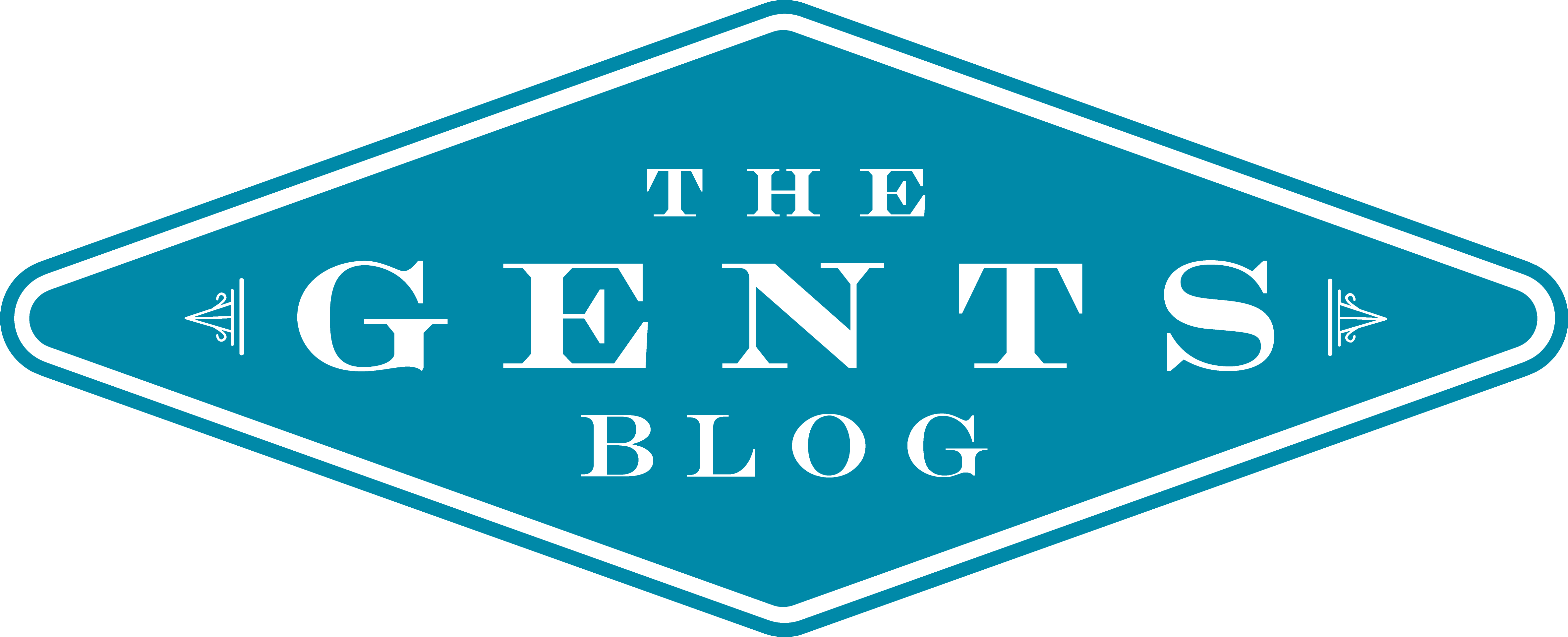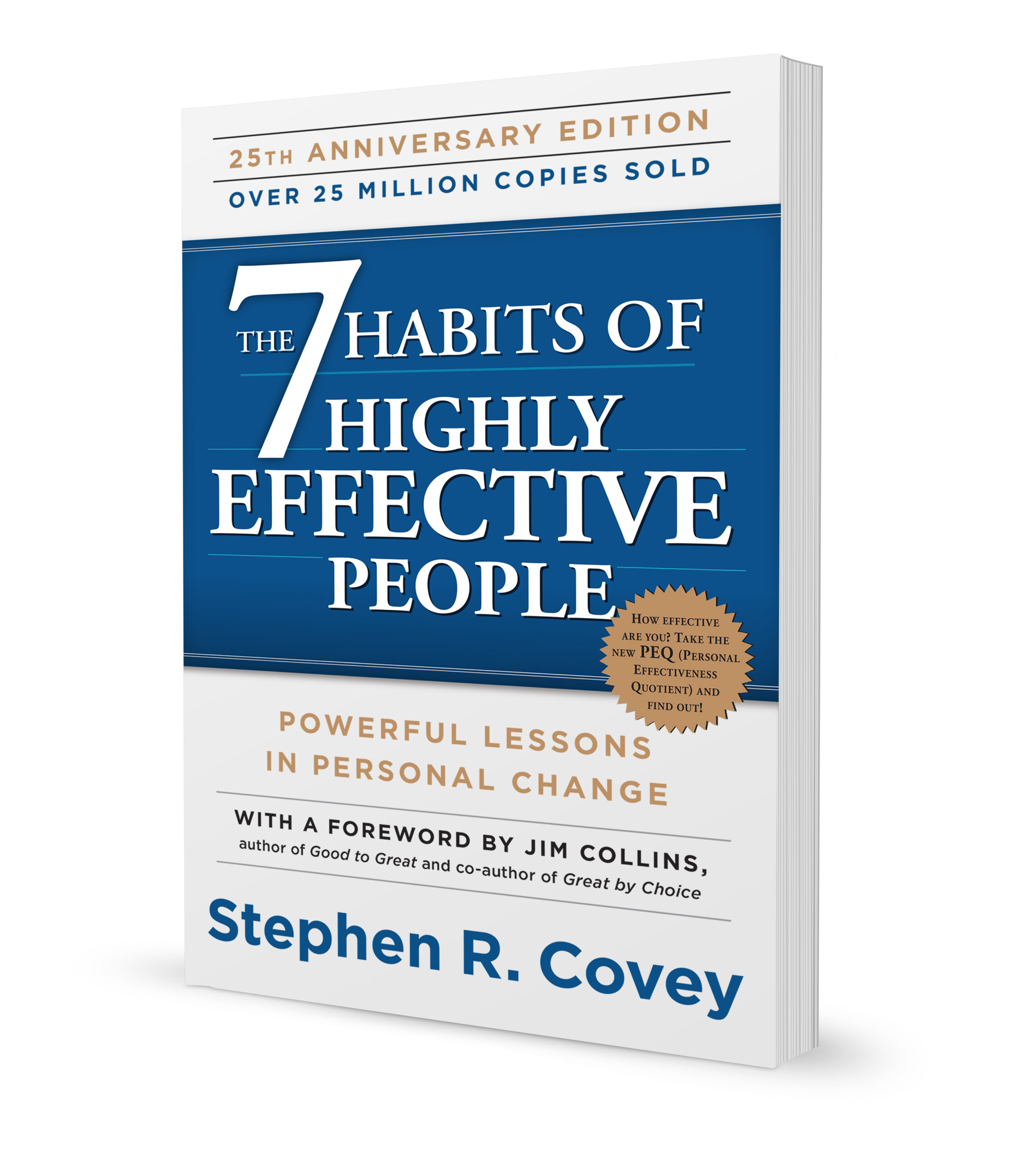Stephen Covey died in 2012, but he will long be remembered for his self-improvement masterpiece, The Seven Habits of Highly Effective People. It was first published in 1989 and has been read by tens of millions of people in countless languages. Such a well known book features many reviews breaking down each habit so rather than add to that number, we wanted to pick three that we think are particularly important in the era of the Internet, in which so many great ideas and concepts are vying for your attention (including this blog post).
Begin with the End in Mind
Some people discuss this habit with the idea of “what would you want people to say at your funeral?” For better or for worse, this question is too abstract for most people to really grapple with in a helpful way. Instead, consider any well-built building. Most of the time that building did not begin the day the first builder arrived on the site, or even on the day when the cameras were there for the groundbreaking. That building began on a drafting table or in an autocad program, as blueprints were created. Those plans, constantly refined and tweaked, actualize in a well-built building.
Are we consistently beginning with the end in mind? Why am I involved in this activity? Am I on my way to achieving my real personal and professional goals, or am I making a lot of progress in the wrong direction? This habit in combination with an ethos of Essentialism can help you make a great deal of progress in a short amount of time.
First Things First
One of the biggest lies we can tell ourselves is, “I wish I had time for that.” The reality is that what are our “priorities” are defined by how we spend our days. And, how we spend our days is how we spend our lives. Is the reflex to say, “I wish I had time for that” there simply to paper over the fact that we long ago lost control of our lives and allowed other things to take precedence?
This habit is all about asking yourself what your enduring values are. What is it that matters most to you – that will, over a considered life, give you pleasure that you focused on? If you’re not making these activities the most important in your life, why not? This doesn’t mean that there are easy answers. Hard questions don’t have easy answers. But it does mean you’re asking the questions, and that’s a start.
Sharpen the Saw
We recently discussed the importance of sleep as part of a balanced and successful life. But sleep is just one practice to “Sharpen the Saw.” We are at our best not when we are working all the time, but when we take time away from work to relax, be it by ourselves, with our families, or with our friends. That time helps to sharpen us and make us our best. Otherwise, like any machine or instrument, we can get worn down and break.
If you examine the word “recreation” you can see it can be read more slowly as re-creating. You’re moving away from the grind of everyday to examine your assumptions, rest, and think in new patterns and pathways. In a certain way, this habit enables all the other habits because it ensures that you’re always giving yourself time to reflect and are remembering that life is short, and without taking time to enjoy and reflect, it will be over before you know it, and not on the terms you wanted.
Do you have any other personal development books that have really impacted you that you want us to discuss? Mention them in the comments below to receive a coupon for a free seven-course haircut you can share with a friend who has never been to the Gents Place. It’s one way you can help someone else sharpen the saw!




I read this book, so true.